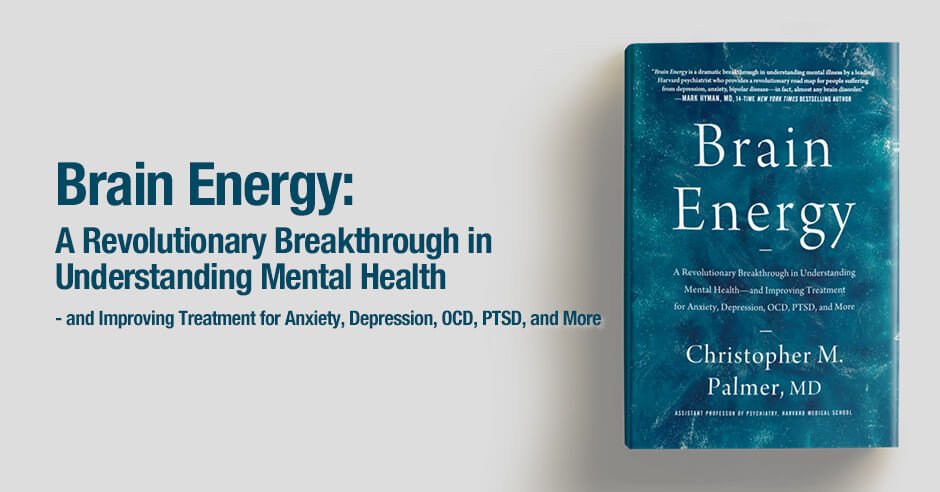Mental Health IS Metabolic Health
Current Model: What causes Mental Health Disorders?
The why is presumed to be explained by the BioPsicoSocial Model meaning that there are certain risk factors to developing mental health symptoms/disorders.
Risk factors:
Bio (physiological pathology including hormones, neurotransmitters, deficiency)
Psycho (thoughts emotions and behaviors such as psychological distress, fear/avoidance beliefs, current coping methods and attribution style)
Social (socio-economical, socio-environmental, and cultural factors suchs as work issues, family circumstances)
But this model in now way really explains how disorders develop.
(McLaren , 1998)
Enter the Metabolic Model of Mental Health.
Which explains why these are risk factors and explains the mechanism through which these variables can lead to mental health diagnoses.
This model is proposed by Chris Palmer MD, who is a psychiatrist teaching at Harvard University.
And it is described in his recent book titled Brain Energy.
His Model focuses on the central role metabolism plays in development of mental health symptoms.
If the general metabolism is not working correctly (as is the case with metabolic dysfunction affecting 88% of Americans) the metabolism of the brain cannot run smoothly either (Araújo, Cai, & Stevens, 2019). This creates a paradoxical situation called high-calorie malnutrition, in which people have way too many empty calories and this causes their cells to actually starve as they utilize energy as they should.
References
Araújo, J., Cai, J., & Stevens, J. (2019). Prevalence of Optimal Metabolic Health in American Adults: National Health and Nutrition Examination Survey 2009-2016. Metabolic syndrome and related disorders, 17(1), 46–52. https://doi.org/10.1089/met.2018.0105
McLaren N. A Critical Review of the Biopsychosocial Model. Australian & New Zealand Journal of Psychiatry. 1998;32(1):86-92. doi:10.3109/00048679809062712
Norwitz, Nicholas G.; Dalai, Shebani Sethi; Palmer, Christopher M. (2020). Ketogenic diet as a metabolic treatment for mental illness. Current Opinion in Endocrinology, Diabetes & Obesity, 27(5), 269–274. doi:10.1097/MED.0000000000000564
Palmer, Christopher. (2022). Brain Energy: A Revolutionary Breakthrough in Understanding Mental Health—and Improving Treatment for Anxiety, Depression, OCD, PTSD, and More.



